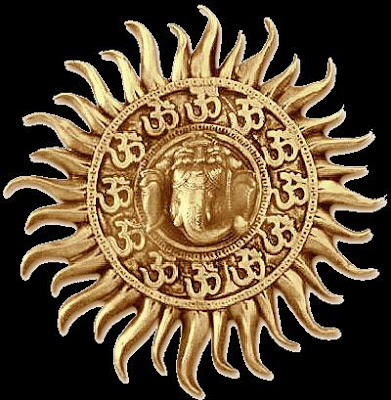The people of India have had a continuous civilization since 2500 B.C., when the inhabitants of the Indus River valley developed an urban culture based on commerce and sustained by agricultural trade. This civilization declined around 1500 B.C., probably due to ecological changes.
During the second millennium B.C., pastoral, Aryan-speaking tribes migrated from the northwest into the subcontinent. As they settled in the middle Ganges River valley, they adapted to antecedent cultures.
The political map of ancient and medieval India was made up of myriad kingdoms with fluctuating boundaries. In the 4th and 5th centuries A.D., northern India was unified under the Gupta Dynasty. During this period, known as India's Golden Age, Hindu culture and political administration reached new heights.
The British expanded their influence from these footholds until, by the 1850s, they controlled most of present-day India, Pakistan, and Bangladesh. In 1857, a rebellion in north India led by mutinous Indian soldiers caused the British Parliament to transfer all political power from the East India Company to the Crown. Great Britain began administering most of India directly while controlling the rest through treaties with local rulers.
The final months of the Rao-led government in the spring of 1996 were marred by several major political corruption scandals, which contributed to the worst electoral performance by the Congress Party in its history. The Hindu-nationalist Bharatiya Janata Party (BJP) emerged from the May 1996 national elections as the single-largest party in the Lok Sabha but without enough strength to prove a majority on the floor of that Parliament. Under Prime Minister Atal Bihari Vajpayee, the BJP coalition lasted in power 13 days. With all political parties wishing to avoid another round of elections, a 14-party coalition led by the Janata Dal emerged to form a government known as the United Front, under the former Chief Minister of Karnataka, H.D. Deve Gowda. His government lasted less than a year, as the leader of the Congress Party withdrew his support in March 1997. Inder Kumar Gujral replaced Deve Gowda as the consensus choice for Prime Minister of a 16-party United Front coalition.
In November 1997, the Congress Party in India again withdrew support for the United Front. New elections in February 1998 brought the BJP the largest number of seats in Parliament--182--but fell far short of a majority. On March 20, 1998, the President inaugurated a BJP-led coalition government with Vajpayee again serving as Prime Minister. On May 11 and 13, 1998, this government conducted a series of underground nuclear tests forcing U.S. President Clinton to impose economic sanctions on India pursuant to the 1994 Nuclear Proliferation Prevention Act.
In April 1999, the BJP-led coalition government fell apart, leading to fresh elections in September. The National Democratic Alliance-a new coalition led by the BJP-gained a majority to form the government with Vajpayee as Prime Minister in October 1999.





No comments:
Post a Comment